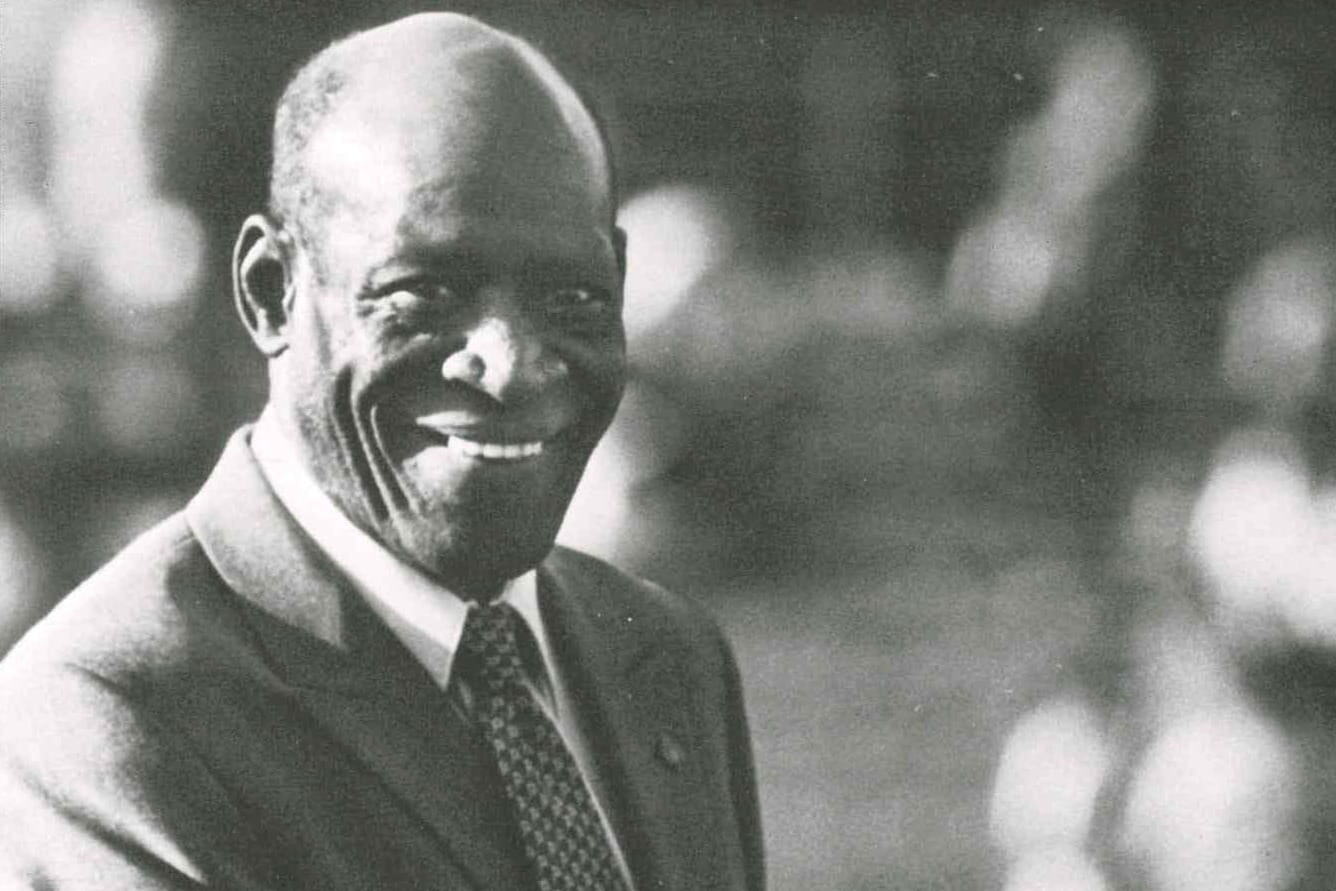Struggling with motivation?
Here are tips to help you
 April 29, 2020
- Dan Jarboe
April 29, 2020
- Dan Jarboe- Get out of bed, get dressed and set up a study area somewhere other than on your bed, if at all possible.
- Avoid “multi-tasking” when working from home. Not many do it well. You may just be switching back and forth between tasks instead of giving your full, focused interest and attention to your central goal. Your attempted “multi-tasking” will likely also just prolong the time required to complete each item on your to-do list. You increase your distraction and resulting unproductivity risk by doing so, and may even reduce your retention and recollection of the information you’re studying. Turn off your other devices and close other apps and tabs.
- Set and keep yourself on a schedule, especially while working from home, just as wise students do when on campus.
- Start with the smaller stuff, and as you begin to check things off your list, your motivation will likely increase. Take on your tough tasks a little bit at a time, start with just 15 minutes of devoted attention to get yourself going. Activity begets motivation!
- If you’re feeling tired frequently, get outside and get some exercise – even if it’s just a brisk walk around the block. It will improve your mood and energize you a bit. Remember, you often have to expend energy to generate more energy!
- DON’T skip class! Attending your Zoom class sessions and lectures will help preserve and sustain motivation while avoidance, sleeping-in or skipping class will begin to drain you of whatever drive, hope, self-esteem and interest in your work that you have remaining. Seeing and participating with your peers “in class” will help you feel more connected with the instructor, your classmates and the course material!
- Don’t procrastinate! Though you may think you’re giving yourself a break or escaping your stress, this brings only short-lived and inefficient rest. Because, in the long-term, it increases your anxiety as your mind continues to remind you of the task or assignment still awaiting your attention and completion. The reality is that avoidance fosters more anxiety, while targeting a difficult task results in a decrease in task-associated stress and worry.
- Attack the worry; don’t let it attack you. Consider this explanation by psychiatrist and noted anxiety expert, Dr. Howard Hollowell:
“There is a maxim from baseball which says, ‘Play the ground ball; don’t let it play you.’ This piece of advice may be lost on people who are not athletically inclined or who have never played baseball or softball, but the proper fielding of a ground ball is a wonderfully instructive skill all people can learn from. A ground ball is a baseball hit by the batter that bounces very fast along the ground. The fielder’s job is to stop the ball so that he can throw it to first base before the batter can reach there. In order to make the throw in time, the fielder needs to field the ball ‘cleanly,’ that is without bobbling it or letting it bounce off his chest. The novice fielder’s first instinct in fielding a ground ball is to back up on the ball and try to predict the bounces as the ball skips toward him. This is called letting the ball play you. You are at the mercy of the unpredictable hops the ball can take. You naturally tense up and worry, Can I field this ball or is it going to get past me? This is a disastrous attitude to have in fielding a ground ball. You will likely kick the ball or miss it altogether. Instead, what you should do is play the ball, rather than letting it play you. You should charge the ball as it speeds towards you. Then you will not over-think the problem of how to field it; you will simply act. You will grab the ball before you give your worry-center a chance to think too much and inhibit you from successfully fielding it. This principle is, in my opinion, a great key to the successful management of worry and of decision-making in general. You do better to attack the problem, rather than letting it attack you.”
- Schedule video calls to friends and classmates. If you allow yourself to become too isolated and disconnected from others, your motivation is bound to tank. This is no small thing. Take action!
- If you need more help, reach out the Counseling Center or the Academic Success Center.
By Dan Jarboe, university counselor and ADA/504 coordinator
You Also Might Like
Recent
Ouachita reports Spring '26 enrollment, led by 50% increase in graduate students
February 11, 2026





